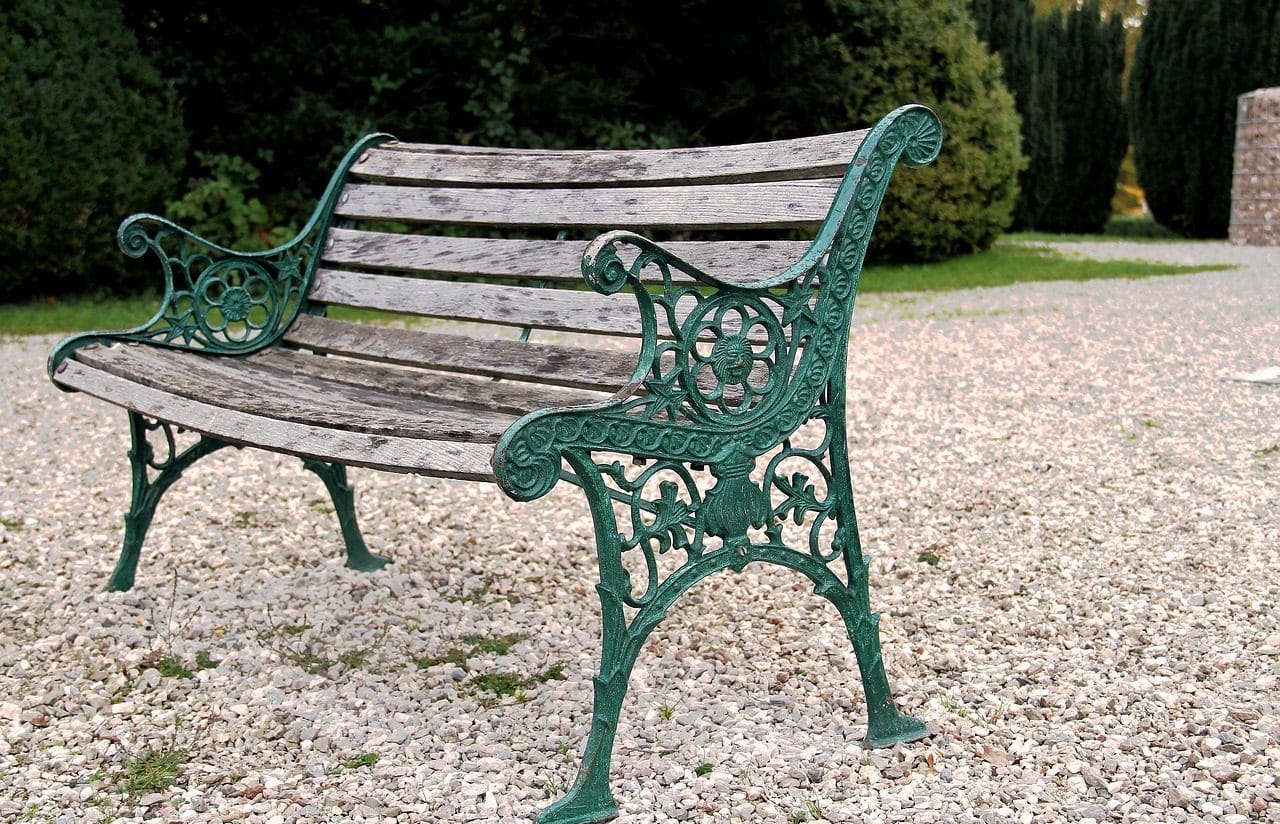
A bench can be a piece of furniture.
Bank is a term that has different uses and meanings. The word can refer to the seat on which several people can sit.
Benches, which may or may not have a backrest, are often used in parks, squares, and other public places. For example: "Let's sit on that bench under the tree," "The square was full of people: there was not a single free bench."
Types of bank
Benches can be built with wood , cement or stone , among other materials. In ancient times, most benches were made of stone and were attached to the wall of a building. They also made it possible to form the seats that constituted the stands in theaters and circuses.
Bench, furthermore, is the thick wood that, placed horizontally on four legs, is used as a table by carpenters and other craftsmen.
It is important to mention that banks can be classified according to their use or purpose. The carpenter's bench is the one used by those who work with wood, to mention one case. It is also possible to name the kitchen bench , the school bench or the picnic bench , among many.

A school of fish favors commercial fishing and sport fishing.
Fish and sand
At the same time, the school whose members belong to the same species and swim in a polarized manner with high synchronization is known under the concept of a school of fish .
A sandbank is, on the other hand, the accumulation of sand on the bed of a river or along the coastline.
Banks as deposits of different elements
In the field of health, a bank is a place that allows the conservation of physiological elements to satisfy various needs. This could be a sperm bank , an organ bank , a stem cell bank , a blood bank, an eye bank or a tissue bank , to name a few possibilities.
A food bank , on the other hand, receives food donations that are then distributed to those in need. If we focus on the storage and processing of information or content, we find concepts such as a data bank (gathers documents on a specific topic) and image bank (a repository, usually digital, of photographs and graphics).

The central bank of a country is usually in charge of monetary policy and the issuance of currency.
A financial institution
In another sense, a bank is a financial entity that is dedicated to money management. The bank offers services such as securities depository and capital lending . The banking system, also known as banking , is the set of banks that operate within an economy .
The concept of a bank as a financial institution began to develop during the Renaissance . Historians claim that the first modern bank was the Banco di San Giorgio , founded in Genoa ( Italy ) in 1406 .
How banks operate
In order to operate, these entities need the support of many solvent people and companies that contribute their capital , depositing it in this corporation and allowing it to be loaned to third parties, returning to the former after a certain period an amount stipulated in advance regarding accrued interest.
In addition, they have the contribution of various shareholders who wish to increase their capital and speculate on what they could own within a certain period. The calculation of the interest that the institution must contribute to its investors is carried out based on the percentages of the money contributed and the time in which the contract that they will seal will remain in force: these interests are called the deposit interest rate .
With this money collected, banks can lend to people or institutions that require loans , agreeing in advance on the interest they must pay to give the institution the security that it will have said money again. The enrichment of financial entities derives from these interests given that the interest rates paid by applicants for these loans are usually higher than the deposit interest rate. The difference between both rates is the profit that the financial institution obtains and is known as the Anglo-Saxon term spread .
The power of these entities
Unfortunately, and despite the fact that the founding of these institutions was intended to improve the quality of life of the inhabitants, what happens is exactly the opposite. The power that governments have given to banks has led them to direct the threads that govern life in society and to become, many times, the enemies of the common citizen.
In Spain , for example, those individuals who requested a mortgage loan to be able to buy a house in installments, have found themselves in the terrible circumstance of, after losing their job, being kicked out of their homes for not being able to continue assuming the costs of the house. mortgage. Banks evict people without any scruple and then put that address up for sale again, offering other loans and continuing to enrich themselves at the expense of people's work and enthusiasm.
